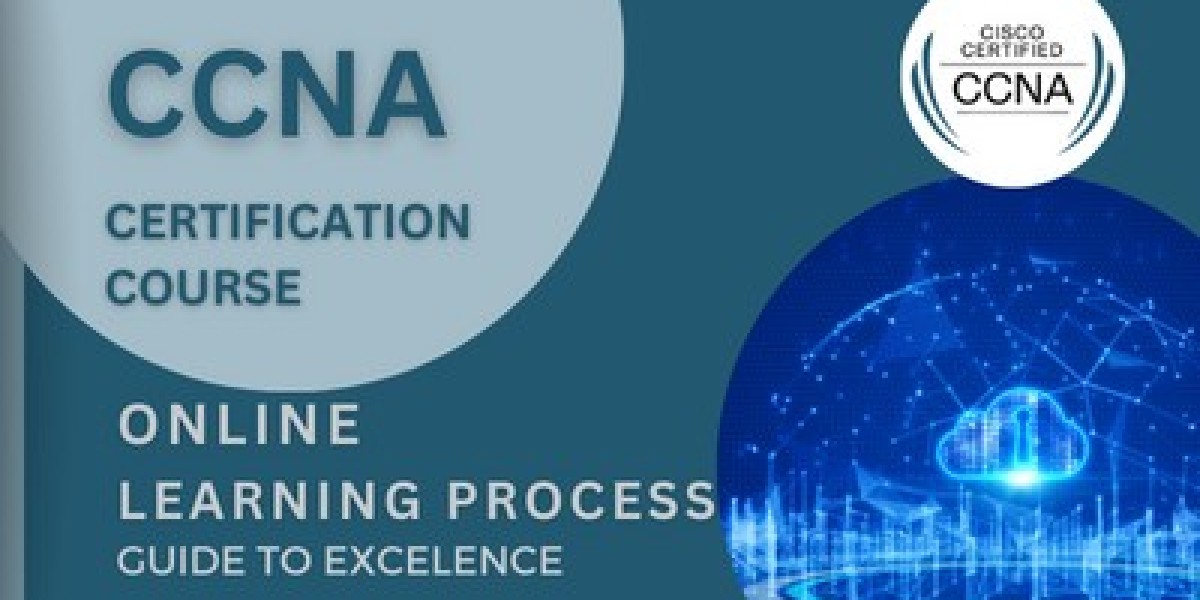When it comes to pursuing a career in networking, Cisco certifications are highly regarded by professionals and employers alike. Among the most popular certifications are the Cisco Certified Network Associate (CCNA) and Cisco Certified Network Professional (CCNP). These two certifications are designed for individuals who want to validate their networking skills, but they differ significantly in terms of difficulty, prerequisites, and scope. If you’re considering pursuing one of these certifications, understanding the key differences between CCNA and CCNP will help you make an informed decision about which path to take. In this article, we’ll compare the difficulty of the CCNA and CCNP exams and discuss factors that may influence which one is more challenging for you.
What is CCNA?
The Cisco Certified Network Associate (CCNA) certification is considered an entry-level certification for networking professionals. It validates your ability to install, configure, and troubleshoot small to medium-sized networks. The CCNA exam covers a broad range of foundational networking topics, including IP addressing, network security, routing, switching, and basic troubleshooting techniques.
To achieve the CCNA Training in Miami FL, you must pass the 200-301 CCNA exam, which is designed to assess your knowledge of network fundamentals. The exam is suitable for professionals who are new to networking or want to establish a solid foundation in network administration.
What is CCNP?
The Cisco Certified Network Professional (CCNP) certification is a more advanced credential aimed at networking professionals with a deeper understanding of networking technologies. CCNP certification focuses on more specialized areas such as routing, switching, network security, and troubleshooting at a larger, more complex scale than the CCNA. The CCNP exams are typically intended for individuals who have hands-on experience in networking and are looking to deepen their expertise or advance in their careers.
To earn the CCNP certification, candidates must pass several exams. Cisco has revamped its CCNP certification track, and candidates can now choose from several specialized paths, such as CCNP Enterprise, CCNP Security, and CCNP Data Center. The most common pathway, the CCNP Enterprise, includes exams like 300-401 ENCOR (Enterprise Network Core Technologies) and 300-410 ENARSI (Implementing Cisco Enterprise Advanced Routing and Services).
Difficulty Comparison
While both CCNA and CCNP are respected certifications, the difficulty level of the exams varies significantly due to the depth of knowledge required. Here are some factors to consider:
1. Scope of Content
- CCNA: The CCNA exam covers a broad range of foundational networking topics. The content is designed to provide a strong understanding of networking basics such as IP addressing, subnetting, basic routing protocols, VLANs, and network security fundamentals. Although the material is comprehensive, it is generally not as deep or specialized as the content covered in CCNP.
- CCNP: The CCNP exam delves much deeper into complex networking topics. It requires a more advanced understanding of routing and switching, network architecture, troubleshooting, and network security. The CCNP exams often require a higher level of problem-solving skills and a deeper knowledge of real-world networking scenarios.
2. Experience Requirements
- CCNA: No prior networking experience is required to take the CCNA exam, although some familiarity with basic networking concepts will be helpful. Many candidates choose to study for a few months before attempting the exam.
- CCNP: Unlike the CCNA, the CCNP is not considered an entry-level certification. To be successful in the CCNP exams, candidates are expected to have practical experience with networking technologies. Cisco recommends having at least a CCNA-level knowledge before attempting the CCNP exams, as the material builds on the foundational knowledge gained during the CCNA certification process.
3. Exam Length and Format
- CCNA: The CCNA exam typically consists of around 100-120 questions and is completed in about 120 minutes. The exam format includes multiple-choice questions, drag-and-drop questions, and simulations.
- CCNP: The CCNP exams tend to be longer and more complex, often containing more specialized questions and simulations that test candidates on real-world scenarios. The exams are generally longer and require more time to complete compared to the CCNA exam. For instance, the 300-401 ENCOR exam, which is part of the CCNP Enterprise, has a time limit of 120 minutes, similar to the CCNA, but the questions are more advanced.
4. Level of Complexity
- CCNA: While challenging for beginners, the CCNA exam is designed to assess a foundational level of networking knowledge. Many candidates find the exam manageable with dedicated study and practice.
- CCNP: The CCNP exams are far more complex. Candidates are expected to solve problems that require an in-depth understanding of multiple networking protocols, advanced troubleshooting, and configuration tasks. The exams are intended for professionals who already have hands-on experience in networking.
Conclusion: Which is More Difficult?
It’s clear that CCNP is more difficult than CCNA. The CCNP exam is more advanced, specialized, and comprehensive. It requires a deeper understanding of networking concepts and hands-on experience to pass successfully. If you're just starting your networking career, CCNA is the appropriate certification to pursue, as it provides the foundational knowledge you need to build your career.
However, for those who already have experience and want to advance their careers, the CCNP offers the opportunity to specialize and gain more in-depth expertise. Achieving CCNP certification can open doors to higher-paying and more challenging roles in the networking industry.
Ultimately, the difficulty of the exams depends on your current level of knowledge and experience. For someone who is new to networking, the CCNA exam will be challenging but achievable with the right preparation. For someone with experience in the field, the CCNP exam will be the next logical step, albeit more demanding and requiring deeper expertise.
Choosing between CCNA and CCNP depends on your current skills, career goals, and the level of challenge you're ready to face. Either way, both certifications will help enhance your credentials and increase your value as a networking professional.



